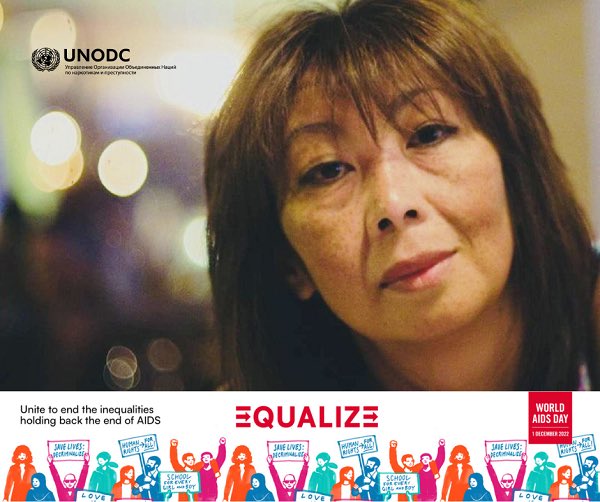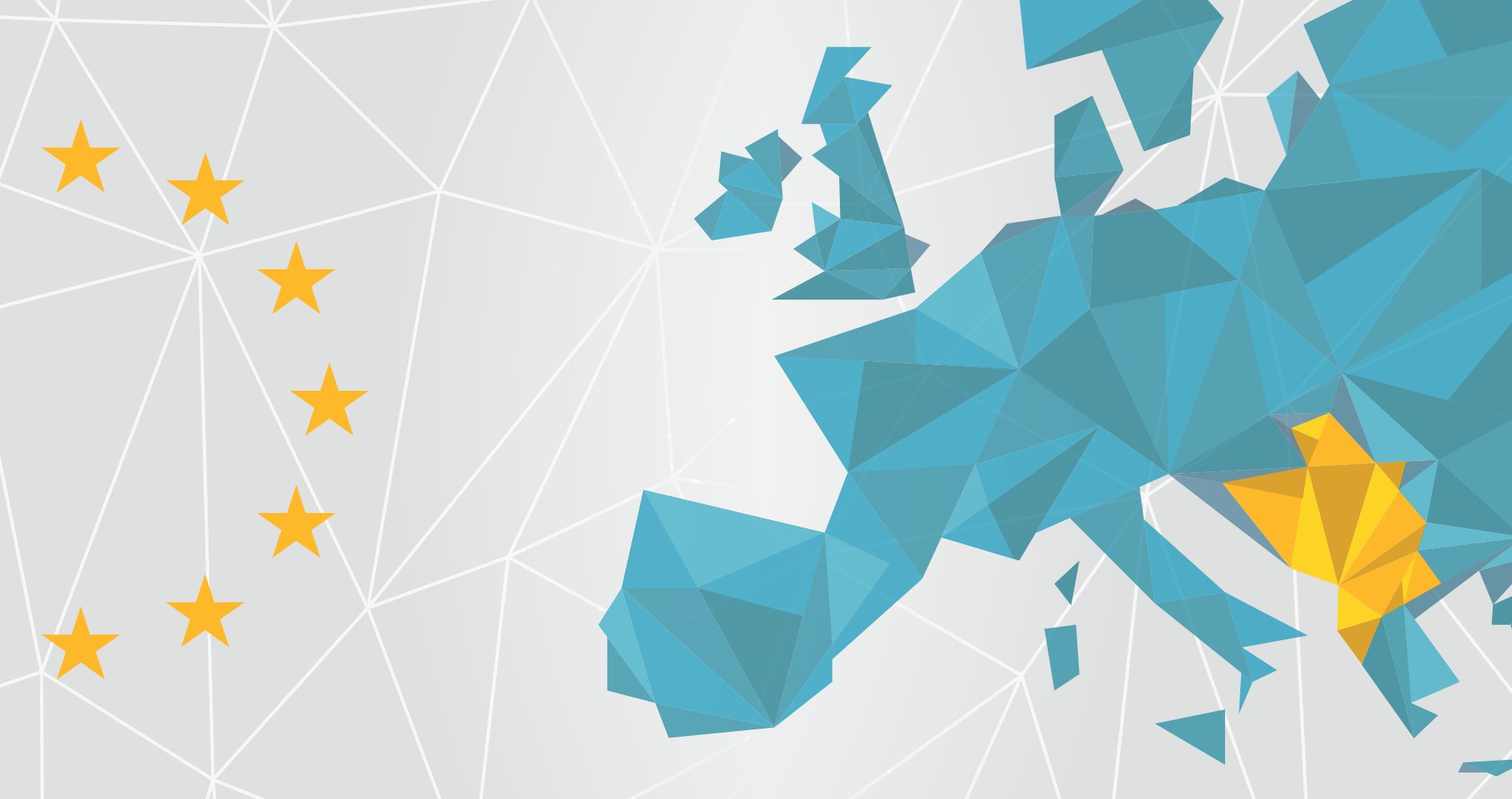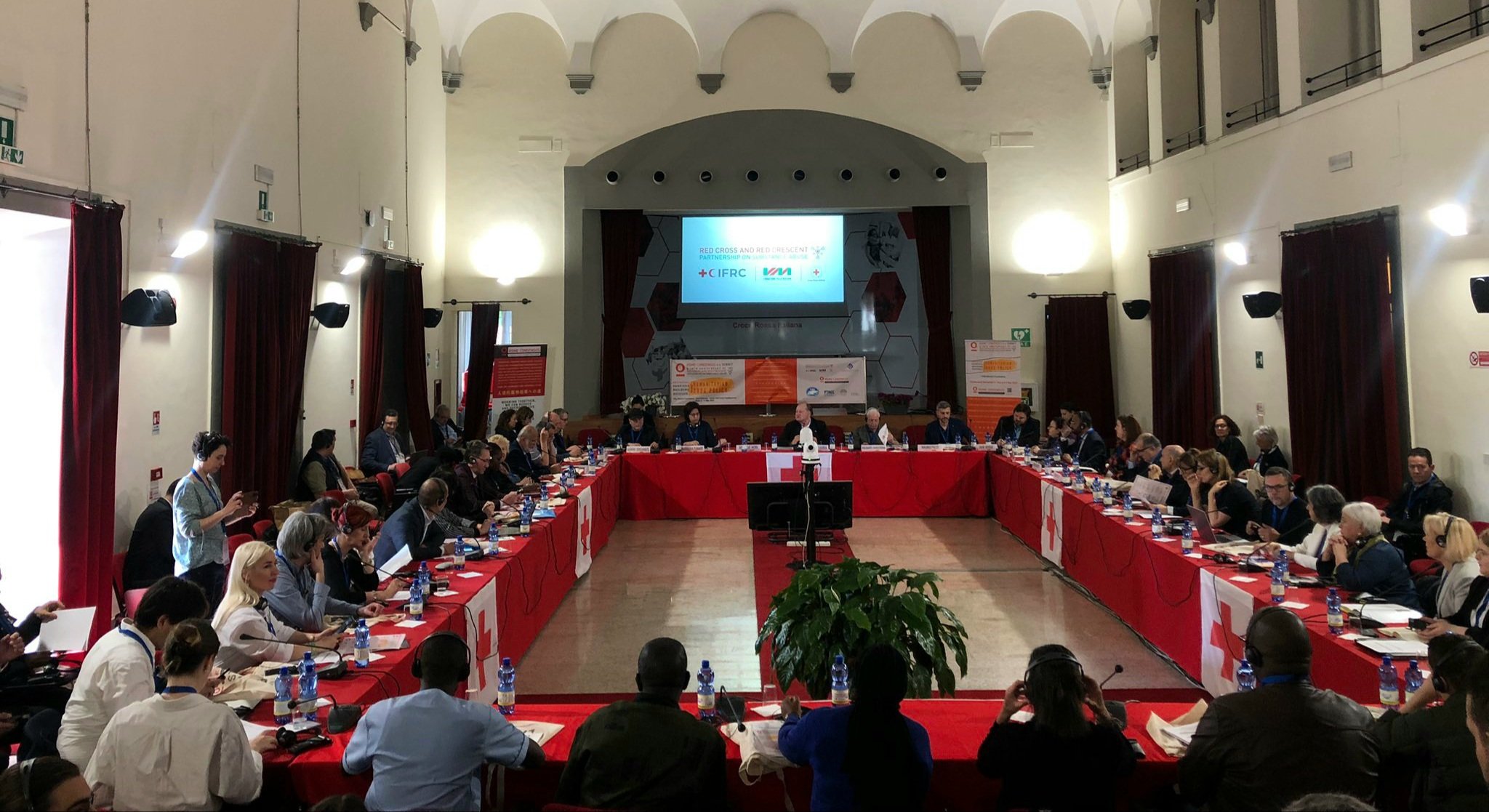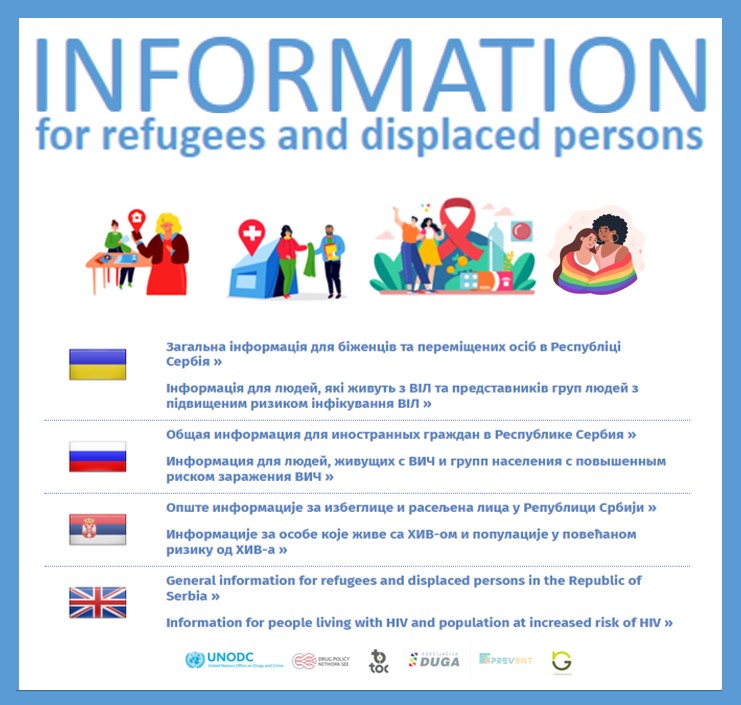The Summit of the Rome Consensus 2.0 was held on 2 – 5 May 2023 in Villa Maraini, in Rome. It was a strategic meeting between different realities that deal with drug issues along with the large humanitarian family of the Red Cross and Red Crescent, giving a proof that we can work together on the same side for the good of the most vulnerables
The Summit brought together a task force of humanitarian practitioners, activists and experts leading on drug policy, treatment, diversion and deflection from 29 countries. More than 100 experts from all around the world enriched the debate and filled the formal and informal discussion with new ideas and common goals.

The event started with the presentation of the leading role of the International Federation of Red Cross and Red Crescent in responding to humanitarian emergencies and disasters with its wide network of millions of volunteers in 191 countries. The Partnership Anniversary has been a valuable opportunity to meet among 15 Red Cross/Red Crescent National Societies who have interest in tackling drug problems and collaborated in the last 10 years with the Partnership, and discuss internally and with CSOs how to build connection, exchange of know and how and increase the effectiveness of the RC2.0 statement as a common tool and ground to promote and disseminate humanitarian drug policy side by side, taking in consideration the power of the emblem as an asset to reach the most vulnerable of the society.
 The Interior Minister of Italy, Matteo Piantedosi, and the Vice Minister for Foreign Affairs, Giorgio Silli, joined the event and gave supporting words on humanitarian drug policy, awareness and harm reduction as powerful tools to create the opportunity for change from a repressive approach to a health-centered one.
The Interior Minister of Italy, Matteo Piantedosi, and the Vice Minister for Foreign Affairs, Giorgio Silli, joined the event and gave supporting words on humanitarian drug policy, awareness and harm reduction as powerful tools to create the opportunity for change from a repressive approach to a health-centered one.
A final declaration was prepared to summarize what has been discussed and committed during the event. It will serve as a common ground to relaunch the initiative in the upcoming months.
Participants were able to experience field visits along with the Villa Maraini Foundation, the historical Italian Red Cross Rehabilitation center founded in 1976 by Massimo Barra, among the first in the world to put in practice humanitarian and evidence-based solutions to drug problems. Participants had the chance to personally experience the therapeutic environment where everyday Villa Maraini offers a comprehensive path of services to more than 600 clients from the street to the community, in a continuum of care, in order to adapt the therapy to the person, according to the motivation, needs and adherence. Participants personally met clients and heard witness from them and the social workers (all former drug users – the core of the VM staff), and were able to deepen the whole access to treatment strategy of Villa Martaini, from the very low-threshold to the high threshold.
DPNSEE Executive Director Milutin Milošević actively participated at the Summit and was honoured to speak at the opening session.






 The Coalition
The Coalition 



 The CSFD document is available
The CSFD document is available 
 In addition to the information, published already on the DPNSEE website at the following address
In addition to the information, published already on the DPNSEE website at the following address 
 Thanks to support of the Office for Combating Drugs, the workshop was held in the Palace of Serbia. 16 representatives came from governmental institutions and civil society organisations. Trainers were Irena Molnar and Stefan Pejić from ReGeneration.
Thanks to support of the Office for Combating Drugs, the workshop was held in the Palace of Serbia. 16 representatives came from governmental institutions and civil society organisations. Trainers were Irena Molnar and Stefan Pejić from ReGeneration.

 The Interior Minister of Italy, Matteo Piantedosi, and the Vice Minister for Foreign Affairs, Giorgio Silli, joined the event and gave supporting words on humanitarian drug policy, awareness and harm reduction as powerful tools to create the opportunity for change from a repressive approach to a health-centered one.
The Interior Minister of Italy, Matteo Piantedosi, and the Vice Minister for Foreign Affairs, Giorgio Silli, joined the event and gave supporting words on humanitarian drug policy, awareness and harm reduction as powerful tools to create the opportunity for change from a repressive approach to a health-centered one.


 To access the Guide, follow
To access the Guide, follow